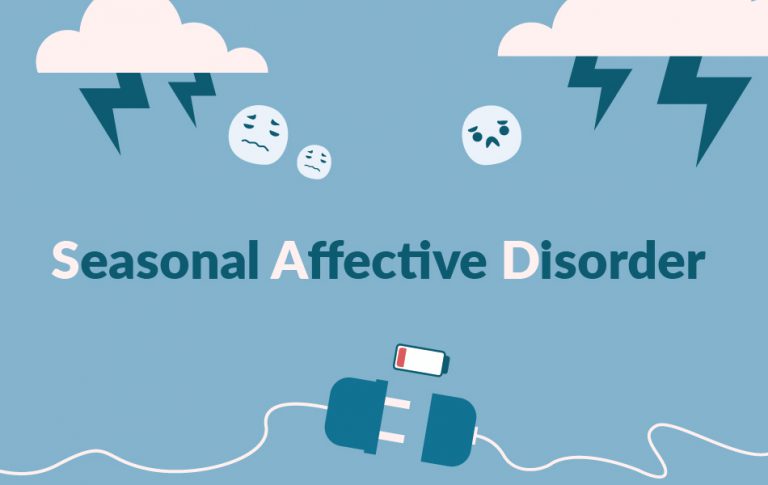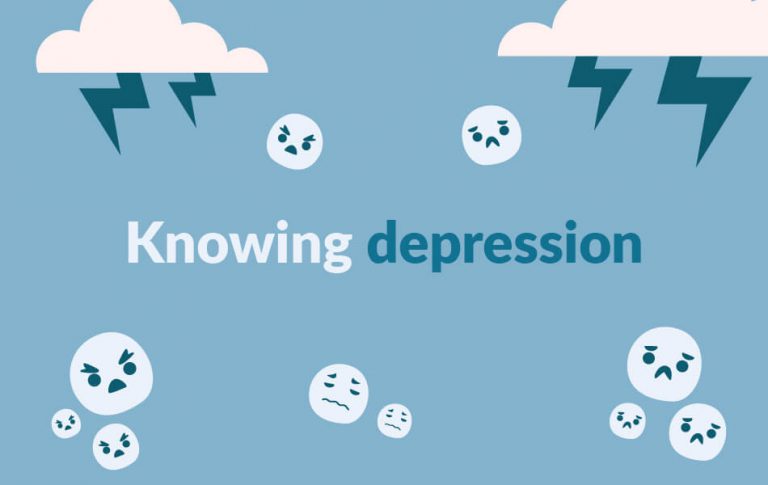Mental health is a field that, in South Africa, finds itself grossly under-funded and under-resourced.
What this means is that people suffering from mental illness – about a third of the South African population – do not have access to quality mental health care. This needs to change, and a good place to start would be to grow the field with specialists in mental health.
Who does a Mental Health Nurse Work with?
Doctors and nurses specializing in mental health form the backbone of treatment and recovery for people mental health problems. Because mental illness is so closely related to physical health, a mental health nurse often plays a significant role in caring for patients with mental illness, who need assistance in managing their condition.
Patients may include people suffering from eating disorders, personality disorders, depression, dementia, and problems with substance abuse. They can work in private clinics for depression, psychiatric hospitals, general hospitals, correctional facilities, special needs schools, and home care. Mental health nurses form an integral part of a patient’s care team, providing personal medical care and monitoring as required. Patients are assessed individually, and a unique treatment plan is developed to provide each patient with the best possible care.
A mental health nurse can provide personal care, counseling services, dispense medication, and offer assistance wherever the patient may need it. In this way, the mental health nurse is indispensable to the core psychiatric care team, and works closely with psychiatrists, psychologists, occupational therapists, and the like. Since a nurse is likely to spend more hours with any one patient collectively, it’s important that they are closely involved in the treatment plan as laid out by the case doctors. It can therefore be seen how a mental health nurse fits into every functioning aspect of treatment and recovery, with both the patients and the doctors.
Responsibilities of a Mental Health Nurse
As with other types of nurses in the medical profession, mental health nurses are responsible for the assessment and monitoring of patients. Their relationship with those suffering from mental illness often goes beyond basic personal care, though. They have full access to patient files, and have to make sure that each patient receives their medication as prescribed.
As mentioned previously, a mental health nurse is the one medical professional who spends the most amount of time with any patient. For this reason, the nurse is accountable for recording patient behavior in their charts. This is necessary for specialist doctors to make informed decisions regarding the ongoing treatment. Different types of institutions might require additional functions from their mental health nurses depending on the level of their qualification. In a private psychiatric clinic, for instance, a mental health nurse might supervise recreational activities and therapy groups.
They can also lead groups that help patients come to terms with their diagnosis, teach them how best to manage the symptoms of their condition, as well as support groups for family and friends of the patients. Education forms a significant part of the role a mental health nurse plays – whether it be regarding the patient and managing their illness, or families and how they can support their loved one.
Who becomes a Mental Health Nurse?
A mental health nurse is a specialized branch of nursing, and is best suited to people who not only have a deeply-rooted disposition to care for people, but who are also able to manage the stresses that come with working under challenging circumstances. Mental illness is a field that comes with high highs, and lowest lows, and a mental health nurse needs to be able to take it in their stride. On the one hand, the profession can be endlessly rewarding – helping and supporting people through a very difficult time in their lives, and making a positive impact in their recovery.
However, the other hand is a little bleaker, when some days involve huge amounts of stress due to understaffing, inadequate resources, or more challenging patients who require extra attention. Those suffering from certain mental illnesses can be prone to psychotic episodes that involve screaming, aggression, even violence. And since the mental health nurse is usually the one on the frontline, they get the brunt of these behaviors. Working in this specific field requires a strong character, but also a gentle heart.
Because for all the tough-as-nails countenance this type of nurse has to embody in order to preserve their sanity, they also need to understand that ultimately they are there as a support, counsel, and guide for someone going through what could likely be the worst chapter of their lives. So yes, it’s a tough environment, but the reward of being part of a life-saving difference for someone makes it worth it.







